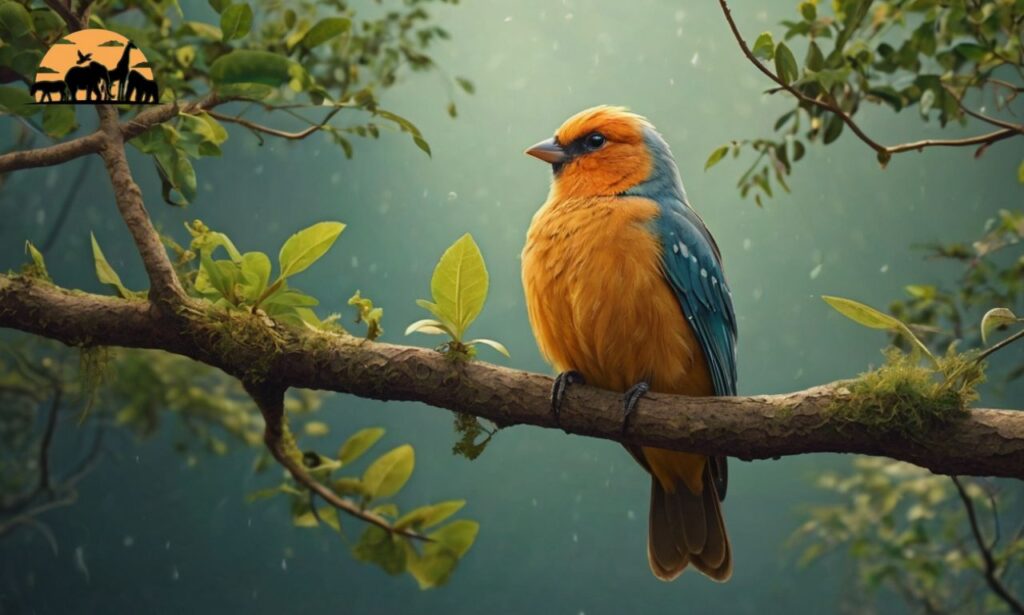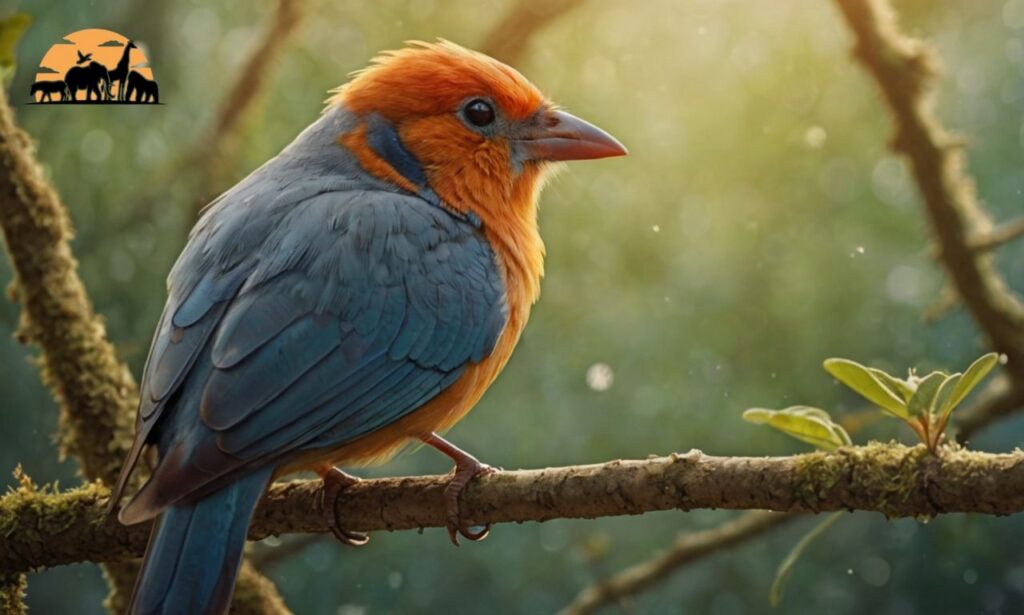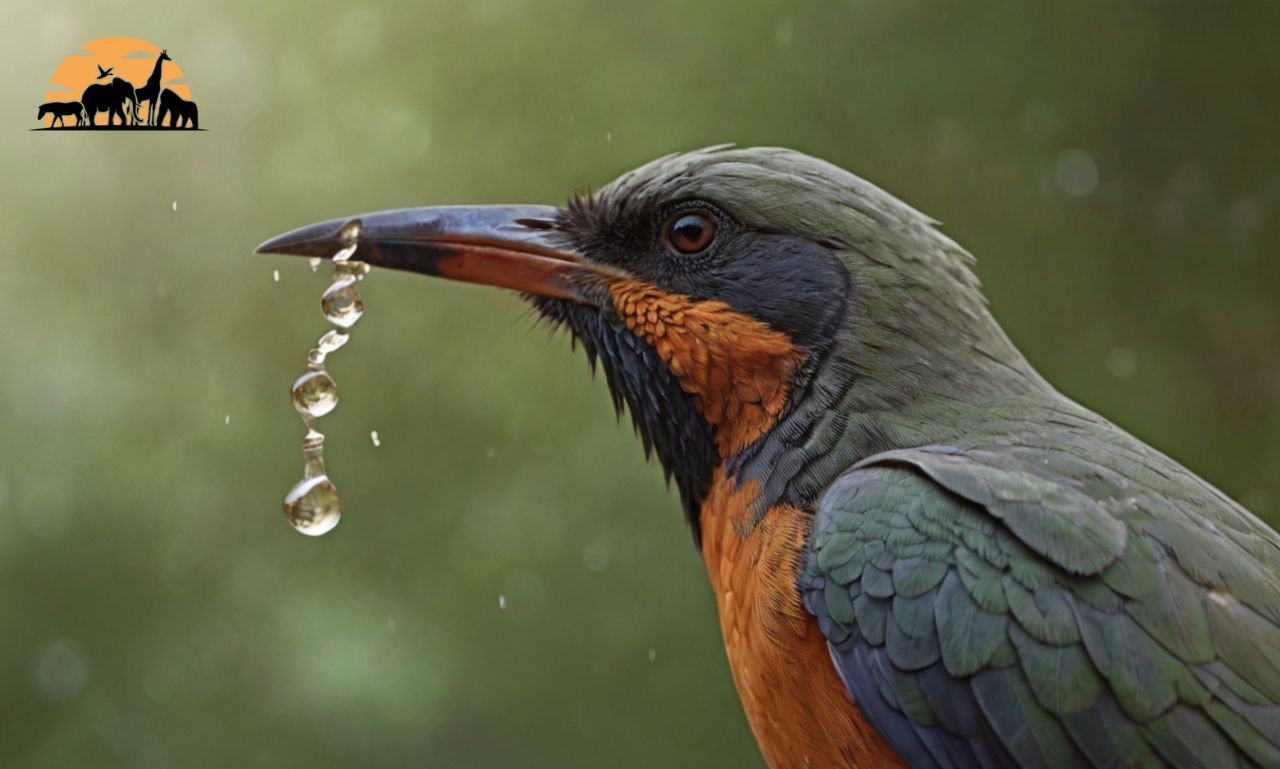Birds are some of the most diverse and fascinating creatures on our planet. With over 10,000 species, their lifespans can vary dramatically based on several factors, including species, habitat, diet, and care. In this article, we’ll explore the average lifespans of various bird species, the factors that influence their longevity, and what you can do to help birds live longer, healthier lives.
Average Lifespans of Birds
The lifespan of a bird can range from just a few years to several decades. Here’s a breakdown of the average lifespans for some common bird species:
- Small Birds (Songbirds)
- Sparrows: Typically live for 3 to 5 years, although some can reach up to 10 years.
- Finches: Average around 5 to 10 years in the wild.
- Medium-Sized Birds
- Pigeons: Often live for 3 to 5 years in the wild but can live up to 15 years in captivity.
- Robins: Generally have a lifespan of 2 to 6 years, with some living over a decade.
- Large Birds
- Parrots: Depending on the species, parrots can live between 20 to 80 years. The African Grey parrot, for example, often lives to be 50 years old or more.
- Owls: Many species live 10 to 30 years in the wild, with some larger species like the Great Horned Owl reaching up to 28 years.
- Birds of Prey
- Eagles: Generally live around 20 to 30 years, although some can live longer in protected environments.
- Falcons: Typically have a lifespan of 12 to 15 years in the wild.

Factors Influencing Bird Lifespan
Several factors can affect how long birds live:
- Species
- Lifespan is largely determined by the bird species. Larger birds tend to live longer than smaller ones due to slower metabolism and fewer predators.
- Environment
- Birds in the wild face many challenges, including predators, food scarcity, and harsh weather. Those in controlled environments, like captivity, usually have longer lifespans due to consistent food sources and protection from threats.
- Diet
- A nutritious diet is crucial for a bird’s health. Birds that eat a balanced diet rich in vitamins and minerals tend to live longer. Poor nutrition can lead to health issues and shorter lifespans.
- Health Care
- Regular veterinary check-ups can significantly enhance a bird’s lifespan, especially for pet birds. Preventive care, vaccinations, and prompt treatment of illnesses are essential.
- Genetics
- Just like humans, birds can inherit traits from their parents that affect their lifespan. Some species may be more prone to certain diseases, impacting their longevity.
- Habitat
- Birds that live in stable and safe habitats tend to live longer. Environmental changes, habitat destruction, and pollution can negatively impact their lifespan.

How to Help Birds Live Longer
If you’re a bird owner or a bird enthusiast, there are several ways you can contribute to their longevity:
- Provide a Balanced Diet
- Ensure that pet birds have a varied diet that includes seeds, pellets, fruits, and vegetables.
- Create a Safe Environment
- Minimize hazards in their environment, such as toxic plants, open windows, or small objects they might swallow.
- Regular Vet Visits
- Schedule regular check-ups with an avian vet to monitor their health and receive vaccinations.
- Mental Stimulation
- Birds are intelligent creatures that require mental stimulation. Provide toys, puzzles, and opportunities for social interaction.
- Adequate Space
- Ensure birds have enough space to move and fly. This is crucial for their physical and mental well-being.
- Conservation Efforts
- Support conservation efforts that protect natural habitats and reduce threats to wild bird populations.
Watch
Conclusion:
Bird lifespans can vary greatly among species, but understanding the factors that influence longevity can help us better care for these remarkable creatures. Whether you’re caring for a pet bird or observing wild birds, recognizing their needs and supporting their habitats can make a significant difference in their lives. By promoting healthy environments and practices, we can help ensure that our feathered friends live longer, healthier, and happier lives.
FAQs:
1.How long do pet birds live?
Pet birds’ lifespans vary by species. Smaller birds like budgerigars (budgies) usually live 5 to 10 years, while larger parrots can live anywhere from 20 to 80 years.
2.What is the lifespan of a wild bird?
Wild bird lifespans differ greatly by species. Many songbirds live around 3 to 5 years, while larger birds of prey, like eagles, can live up to 30 years in the wild.
3.Why do larger birds tend to live longer?
Larger birds generally have slower metabolisms and fewer natural predators, which contributes to their longer lifespans compared to smaller species.
4.How can I help my pet bird live longer?
You can help your pet bird live longer by providing a balanced diet, regular veterinary care, mental stimulation, and a safe, spacious environment.
5.Do birds in captivity live longer than those in the wild?
Yes, birds in captivity often live longer than their wild counterparts due to consistent food availability, protection from predators, and regular health care.

